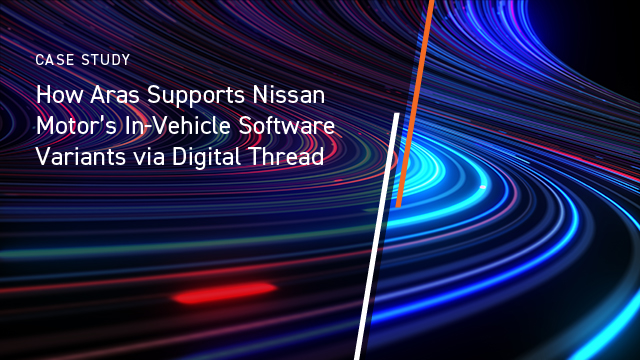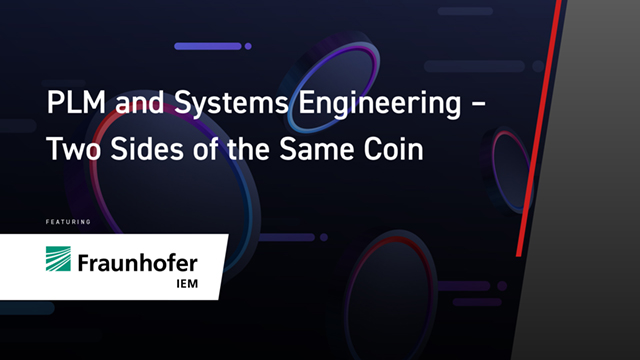Connect Product Roadmaps with EBOM Management by Using a Modular Information Model
In Product Development, Product Managers need to define and maintain a Product Roadmap. This work usually lacks system support and the means to communicate results in a digital format to other company functions, such as engineering and production, to organize the product data as items in “Bill of Materials” (BOMS). These items include costs, suppliers, drawings, certifications of safety compliance, etc., - data that is relevant for the domain that owns the system.
Building a future product family from a modular architecture, using a Modular Information Model, will improve this situation by offering a common denominator across the product information handling systems to align structure and data. This information model can be executed in the software PALMA, that has been specifically developed for this purpose.
In this webinar, join Tobias Johansson and Johan Källgren from Modular Management, and Tomas Källberg from Aras customer Micropower, offering charging and battery solutions, to learn the reasoning for their choice of PALMA and the intended use case.
Connect Product Roadmaps with EBOM Management by Using a Modular Information Model

In Product Development, Product Managers need to define and maintain a Product Roadmap. This work usually lacks system support and the means to communicate results in a digital format to other company functions, such as engineering and production, to organize the product data as items in “Bill of Materials” (BOMS). These items include costs, suppliers, drawings, certifications of safety compliance, etc., - data that is relevant for the domain that owns the system.
Building a future product family from a modular architecture, using a Modular Information Model, will improve this situation by offering a common denominator across the product information handling systems to align structure and data. This information model can be executed in the software PALMA, that has been specifically developed for this purpose.
In this webinar, join Tobias Johansson and Johan Källgren from Modular Management, and Tomas Källberg from Aras customer Micropower, offering charging and battery solutions, to learn the reasoning for their choice of PALMA and the intended use case.


